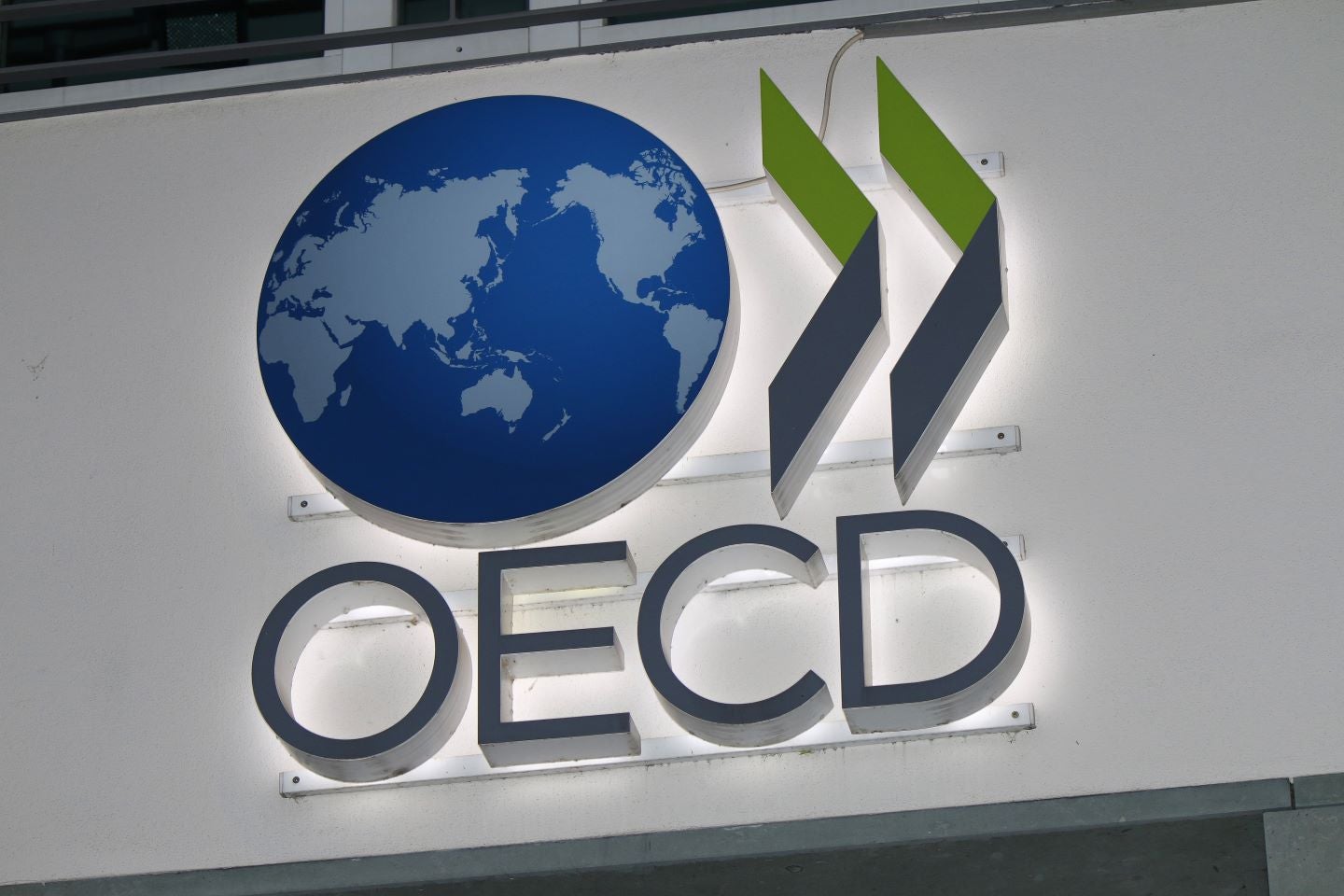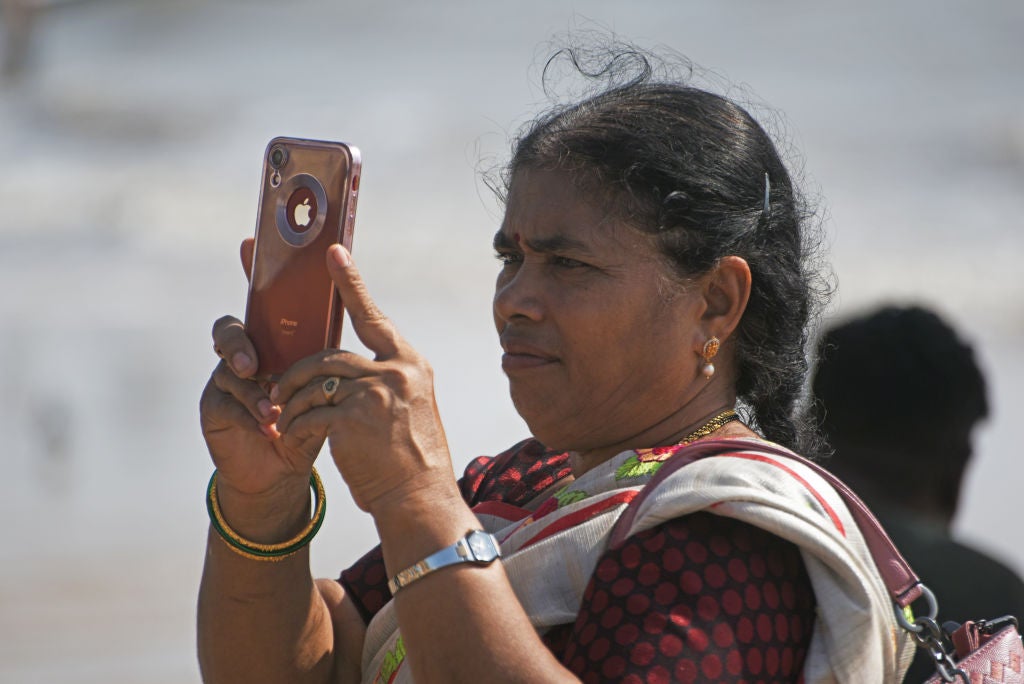Key individuals from civil society, government, academia, and the private sector convened in Paris on 13-14 November 2023, at the OECD conference ‘Tackling disinformation: Strengthening democracy through information integrity’. They discussed how to strengthen information integrity and democratic values at a time of widespread online disinformation.
Definitions
- Disinformation – the deliberate creation and spread of false or misleading information to cause harm.
- Misinformation – the unintentional spread of false or misleading information believed to be true.
Disinformation predates the internet era and there was a collective sentiment that while it may be impossible to stamp out, a multistakeholder response is necessary, using tools—such as media literacy, watermarking, provenance, and increased transparency from the private sector—to lessen its spread and better protect democracy. This is especially pertinent ahead of the unprecedented national elections taking place in 2024.
The threats are clear, it is time to address them
The harm caused by disinformation is evident: disruption of the bedrock of democracy—information integrity. The speakers therefore focused attention on solutions and why current approaches have been insufficient. There were repeated acknowledgements that the community has been negligent in two areas: it has been late in protecting online information systems, including social media platforms, and has side-lined the voices of the global south. Ginny Badanes (Democracy Forward, Microsoft) warned that conversations are too focused on the global north and overlook how adverse state and non-state actors are using disinformation and foreign manipulation campaigns as part of digital authoritarian practices.
Related to this issue, András Rácz (German Council on Foreign Relations), Dr. Tehilla Shwartz Altshuler (Israel Democracy Institute), and Nathalie Vogel (The Institute of World Politics, Center for Intermarium Studies) discussed how information-sharing and regulation must evolve to prevent foreign information manipulation and interference, for protection from foreign malign actors in offline and online information spaces.
Government responses
Misinformation campaigns are not contained within national borders, so international collaboration is paramount. Badanes noted there has been a lack of dialogue between the tech community and government (remember the infamous “Senator, we run ads”). However, she furthered that the US government is improving its understanding of its business operations, especially after Senate Leader Chuck Schumer organised closed-door Senate sessions with the CEOs of Meta, Google, OpenAI, NVIDIA, and IBM.
Government representatives detailed their current initiatives and what else can be done. Juliane Seifart (German State Secretary) underscored the need for a comprehensive strategy, focusing on campaigns against disinformation, government coordination, and active involvement of civil society. Anne-Claire Legendre (Ministry of Europe and Foreign Affairs, France) emphasised the role of international bodies such as the OECD in addressing disinformation and stressed the importance of regulating platforms. Eileen Donahoe (US Special Envoy) highlighted the multi-jurisdictional challenge of disinformation and outlined the US Government’s collaborative efforts through various state departments that carry out work internationally.
How well do you really know your competitors?
Access the most comprehensive Company Profiles on the market, powered by GlobalData. Save hours of research. Gain competitive edge.

Thank you!
Your download email will arrive shortly
Not ready to buy yet? Download a free sample
We are confident about the unique quality of our Company Profiles. However, we want you to make the most beneficial decision for your business, so we offer a free sample that you can download by submitting the below form
By GlobalDataFurthermore, Vilmantas Vitkauskas (Government of the Republic of Lithuania), and Baiba Braze (Ministry of Foreign Affairs of Latvia) emphasised the importance of a centralised government approach that cooperates with international bodies. They assured it would not run the risk of creating ‘Ministries of Truth’, as it is not in the interest of democracies to have the government as information arbitrators.
Braze also highlighted how international bodies’ responses have largely adhered to the OCED’s three pillars to tackle disinformation, a body he argues appropriate for tackling disinformation problems. Meanwhile, Bradley Eddison (Protecting Democracy Unity, Canada) highlighted how the Canadian government’s approach has seen success from assembling the right actors who chart concrete comprehensive plans. This included its initial focus on election interference and the G7’s Rapid Response Mechanism’s reports on disinformation.
The risks presented by AI
Discussions on AI and disinformation were prominent. Noah Giansiracusa (Bentley University, Associate Professor) described AI as the vertical extension of the horizontal internet, which gives a large proportion of the population a voice. He emphasised that we need to ensure the best-equipped actors decide which information is at the top of this extension. Giansiracusa, in agreement with Oana Goga (Centre national de la recherche scientifique), said that while we need a legal framework, it is insufficient. We need to regulate online harms but protecting the information space is a separate issue that requires collaboration.
AI is a technology that offers unprecedented disinformation risks and requires different practical solutions. While Goga proposed regulating political advertising and enhancing private sector transparency, Sebastian Hallensleben (VDE e.V., Head of Digitalisation and AI) noted the drawbacks of current responses. He contended that fact-checking is important, but not scalable; detection tools are an arms race; and digital/media literacy is limited by how good the deep fake is. However, Hallensleben agreed that regulation is insufficient and innovative broader policies are key.
Overall, the multistakeholder contributions highlighted the global nature of the disinformation challenge and the importance of collaborative efforts to ensure we maintain a healthy information ecosystem.









Related Company Profiles
Google LLC
Microsoft Corp
Meta Platforms Inc
NVIDIA Corp